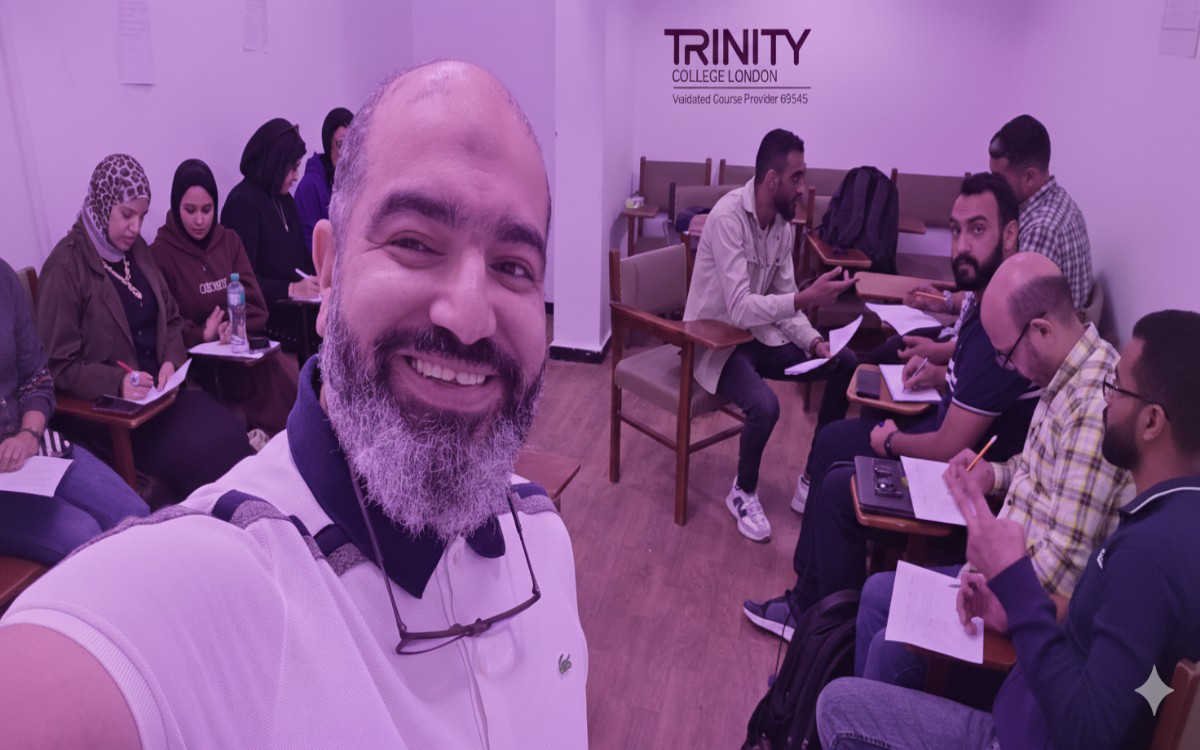
Inspirational journeys
Follow the stories of academics and their research expeditions
Survey Activites
Survey tasks are excellent as speaking tasks in the EFL (English as a Foreign Language) classroom for several reasons:
1. Genuine communication: Survey tasks require students to engage in authentic conversations with each other, providing a communicative purpose which aids in enhancing the learners’ English speaking skills.
2. Interaction: These tasks foster interaction amongst students by requiring them to share their opinions, preferences, and experiences. As a result, students practice employing the target language in a safe and supportive environment.
3. Personalisation: Survey tasks can be tailored to the interests and needs of individual students, which helps maintain their motivation and engagement.
4. Confidence-building: By providing the opportunity to practice speaking skills in a structured and interactive manner, survey tasks help students become more comfortable in using the English language.
5. Language development: Engaging in survey tasks promotes the development of useful language skills, such as clarification, turn-taking, and active listening.
Here are five effective survey tasks and their procedures:
1. Find Someone Who:
– Prepare a list of statements each student must find a classmate to match (e.g., “Find someone who has visited another country”).
– Students walk around the room, asking questions to find a classmate who fits each statement.
– Once matched, students note down their classmates’ names and additional information.
2. Questionnaires:
– Create a questionnaire based on a specific topic or theme, with open-ended questions that encourage discussion (e.g., “What’s your favourite hobby?”).
– Students pair up and take turns asking and answering the questions.
– After completing the questionnaire, pairs can report their findings to the rest of the class.
3. Two Truths and a Lie:
– Each student writes down two true statements and one false about themselves.
– Students take turns sharing their statements, and their classmates guess which one is the lie.
– The speaker confirms the lie and provides a brief explanation.
4. Cultural Exchange:
– Divide students into pairs or small groups, and assign each group a specific cultural topic to research (e.g., customs, food, or holidays).
– After researching, students create questions they want to ask the other groups about their topics.
– Groups then take turns asking and answering questions about their assigned topics, exchanging information and practicing their speaking skills.
5. Job Interview:
– Assign one student the role of an employer and another the role of a job candidate.
– Provide the employer a list of possible interview questions or ask them to create their questions.
– The “employer” interviews the “candidate,” who is encouraged to answer spontaneously and practice their speaking skills.
– After the interview, other students give feedback on the “candidate’s” performance.
These survey tasks provide students with opportunities to practice their English speaking skills in a meaningful, engaging, and interactive way.
Tags:
Survey Activities Classroom survey exercises Educational survey tasks Student survey activities Survey-based learning tasks Survey projects in education Engaging survey assignments Interactive survey tasks Classroom data collection activities Survey analysis exercises Student feedback surveys Survey-based research projects Creative survey activities Classroom polling exercises Survey response analysis tasks.0 Comments
Categories
- Britishey News 28
- Language Analysis 26
- Crazy English 15
- Professional Development 13
- TQUK TEFL Assignments 11
- Laugh & Learn 10
Recent posts





Leave a comment